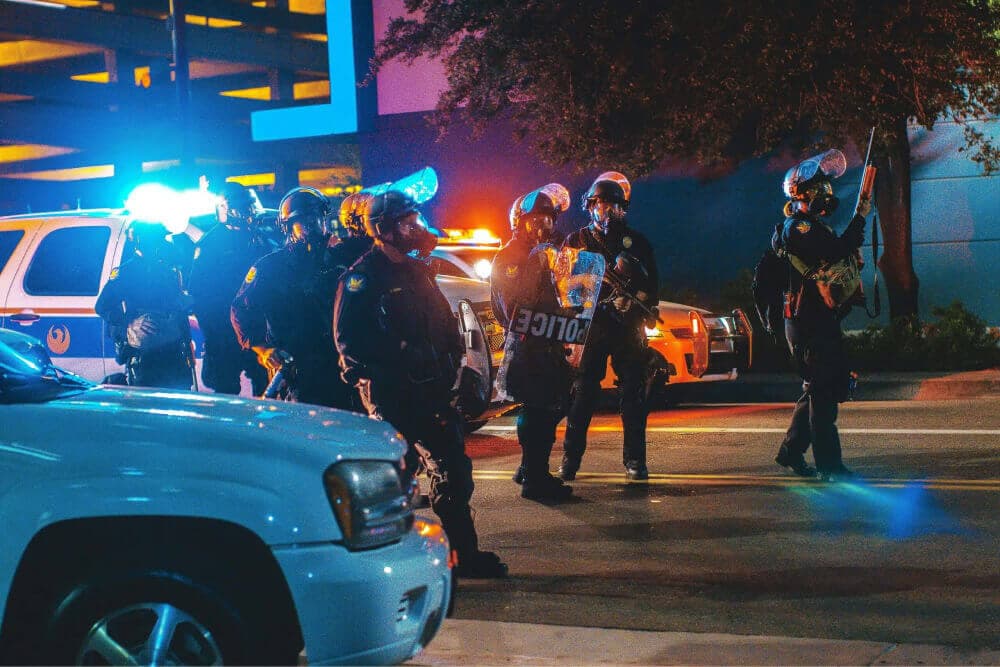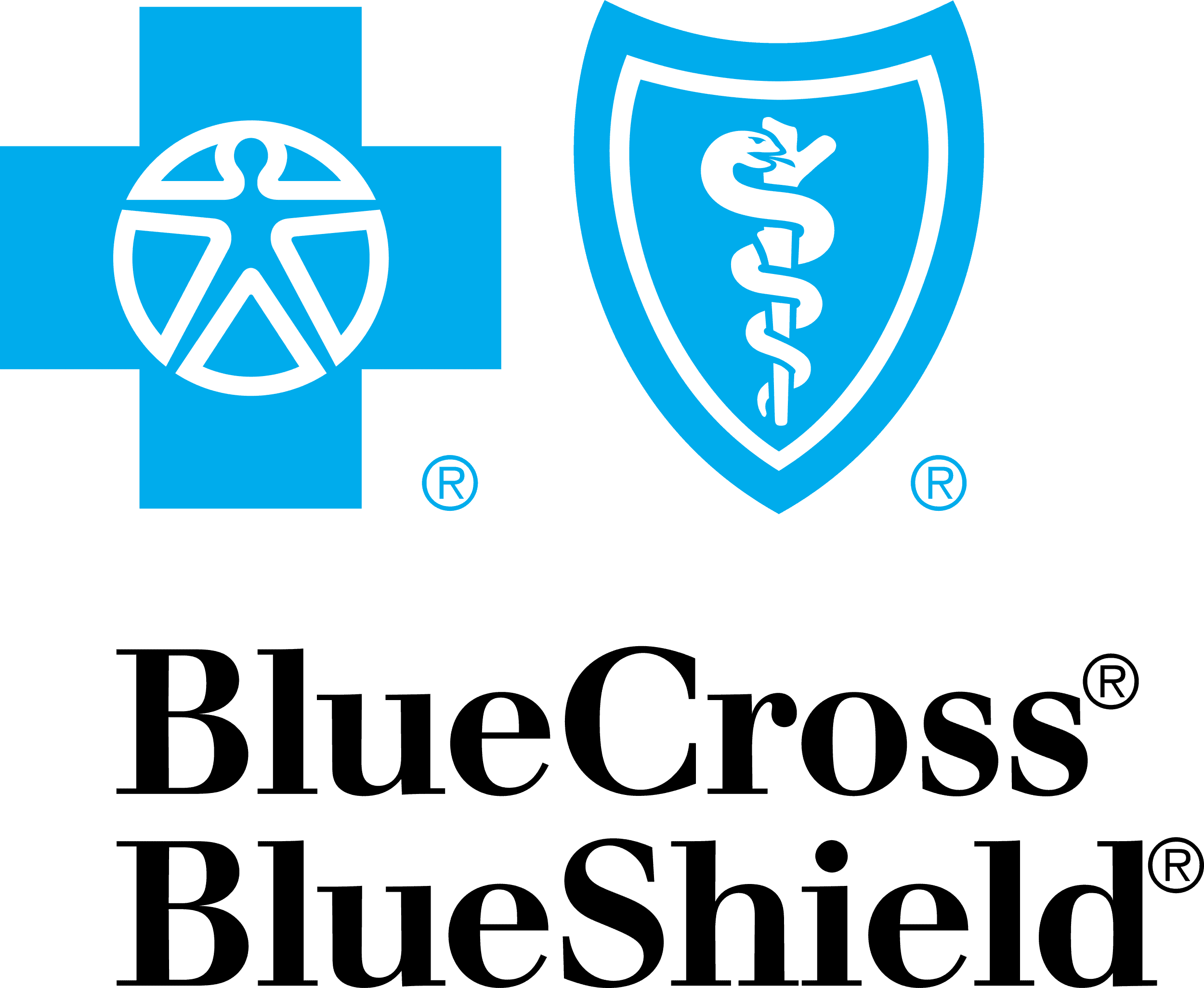
How to find the best veterans Mental Health Rehab
Military veterans face unique challenges regarding mental health issues. The stress of combat, deployment, and readjustment to civilian life can take a toll on their physical and mental well-being. As a result, many veterans turn to drugs or alcohol to cope with their experiences.
Reign Recovery Center has answers to your questions about veterans’ drug mental health treatment in South Florida!
Who We Help
Trends In Veterans Mental Health Treatment
Since the Vietnam War, the prevalence of mental health issues among veterans has risen steadily. The National Institute on Drug Abuse (NIDA) estimates that between 11 and 20 out of every 100 veterans in the United States suffer from some form of mental health problem.
Why Veterans Are Vulnerable To Mental Health Issues
Several factors contribute to the vulnerability of military veterans regarding mental health issues. For one, intense combat stress can lead to PTSD or other mental health disorders that increase the risk of an issue. Additionally, the culture of the military often encourages heavy drinking as a way to bond with fellow service members. Furthermore, readjusting to civilian life after leaving the military can be incredibly challenging.
Many veterans struggle with finding employment, maintaining relationships, and coping with feelings of isolation or disconnection from society.
These factors can contribute to increased vulnerability to mental health issues.
Veterans’ alcohol mental health treatment is vital since alcohol is the most commonly abused substance among veterans and active-duty military members.
However, opioids like prescription painkillers, heroin, cocaine, and methamphetamine are frequently used. Additionally, many veterans struggle with poly addiction — using multiple substances in combination.
Veterans can often face a variety of co-occurring mental health disorders.
These conditions can complicate the course of recovery and should be addressed through tailored treatments that consider the unique needs of veterans.
- Post-Traumatic Stress Disorder (PTSD)
A commonly reported disorder among military veterans, PTSD is a mental health condition that can arise after exposure to a traumatic event.
Symptoms of PTSD include flashbacks, nightmares, intrusive thoughts, difficulty sleeping, and emotional numbness. - Depression
Depression is characterized by persistent feelings of hopelessness or sadness and can be difficult for veterans to cope with.
Common symptoms of depression include fatigue, loss of interest in activities, changes in appetite or weight, and feelings of guilt or worthlessness. - Anxiety
Anxiety is another mental health disorder characterized by excessive worry and fear that can lead to physical symptoms like headaches, sweating, and heart palpitations.
Veterans may also experience difficulty concentrating or sleeping and avoidance of activities that trigger anxiety. - Bipolar Disorder
Shifts in mood, energy, and activity levels characterize Bipolar Disorder.
It can cause symptoms like extreme highs followed by deep lows, changes in sleep patterns, difficulty concentrating, and impulsivity. - Pain Medication Addiction
The use of prescription pain medications can quickly lead to mental health problems and overdose in veterans.
This is especially true for those exposed to physical injuries or trauma due to their service. - Sleep Disorders
A common problem among veterans, sleep disorders can arise due to the stress of military service.
These disorders include insomnia, nightmares, and sleep apnea. - Traumatic Brain Injuries
Traumatic brain injuries can result from exposure to physical trauma or hazardous materials.
Symptoms of a TBI may include confusion, difficulty concentrating, impaired motor skills, and headaches. - Chronic Pain
Chronic pain is common among veterans, often caused by physical injuries or trauma.
Our Treatment Services
How To Get Help For A Veteran Struggling With Mental Health Issues
Many treatment resources are available if you or someone you know is a veteran struggling with mental health issues. The Department of Veterans Affairs (VA) provides numerous programs and services designed to help veterans access the needed treatment. Additionally, private organizations offer specialized programs for military veterans and online support groups and hotlines. Ultimately, seeking out help is the first step to recovery from mental health disorder. With the proper treatment and support, veterans can learn to cope with their struggles healthier.
Mental Health Treatment can be life-changing for veterans. By attending specialized mental health programs and receiving the necessary support, they can learn to manage their triggers and live healthier, more fulfilling lives. Mental Health Treatment can also help them to repair relationships with loved ones and find new sources of meaning in sobriety.
One key aspect of a mental health rehab program for military veterans is tailoring the approach to meet their specific needs. This may involve addressing co-occurring mental health disorders like Post-Traumatic Stress Disorder (PTSD), depression, or anxiety. It may also involve incorporating strategies that help veterans manage triggers associated with their military experiences, such as loud noises or crowds.Additionally, many veterans benefit from treatments that emphasize physical activity and outdoor recreation. These activities promote overall wellness and provide opportunities for social connection and community building.
It only takes a minute for the journey to start.
What Types Of Mental Health Treatment Are Available For Veterans?
Veterans can access a wide range of mental health treatment options depending on their needs. Treatment may include:
MAT combines medications and counseling to help veterans recover from mental health problems. It can reduce cravings and physical dependence on alcohol or drugs and manage withdrawal symptoms.
Inpatient treatment programs involve living at a veteran’s Mental Health Rehab Center for the duration of the program. This gives veterans access to 24-hour medical care and support as they detox and learn to maintain sobriety.
Outpatient treatment programs allow veterans to continue living at home while attending therapy sessions and participating in other treatments. This gives them the flexibility to keep up with work or family obligations while still receiving the help they need for recovery.
CBT is behavior therapy that helps veterans identify and change unhealthy behaviors associated with mental health problems. It also teaches them ways to cope with stress, manage triggers, reduce cravings, and prevent relapse.
Peer support can be invaluable for veterans during recovery. Joining a peer support group or participating in individual or group counseling can help them feel connected and supported by others going through similar experiences.
12-step programs are structured recovery programs that involve attending meetings and working through the 12 steps with a sponsor. This can be an effective way for veterans to develop a strong support network, stay accountable for their sobriety, and learn about relapse prevention strategies.
In addition, some veterans may benefit from specialized treatments such as equine therapy or adventure therapy. These can help veterans develop coping skills, build self-confidence, and learn how to manage their symptoms in a healthy way.
No matter what type of treatment a veteran chooses, it’s essential that they find the right program and support system to recover from mental health disorders successfully. Veterans can live healthy and fulfilling lives with the right treatment plan and ongoing therapy.
Reign Recovery Center Offers Veterans Drug Mental Health Treatment In South Florida
At Reign Recovery Center, we understand the unique needs of veterans struggling with mental health problems. We provide comprehensive treatment programs, including trauma therapy and support tailored to meet each individual’s needs. Our team is committed to helping veterans recover from mental health issues and find a path to long-term sobriety.
For more information about our services or to get started on your journey to recovery, contact Reign Recovery Center today! We’re here to help you or your loved one find the hope and support you need to get back on track.

Helpline available 24/7
Get the Help You Need Right Now
We aim to help everyone who contacts us. Whether our program makes sense for you or not, we will help you find the best treatment options that work best for your personal needs.
















